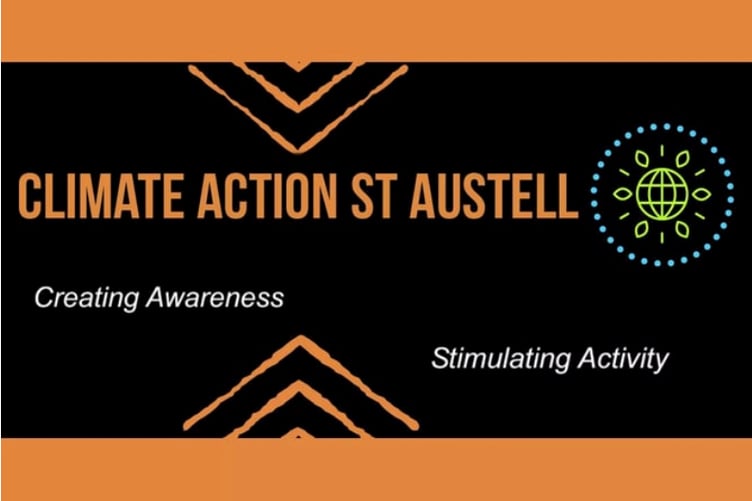JULY 24 marked World Overshoot Day – last year it was August 1 – the day when humanity’s demand for ecological resources exceeds what the Earth can regenerate in a year. It’s not just a date. It’s a red flag. A loud, urgent alarm telling us we’re living on borrowed time – and borrowed life.
We are chewing through our planet’s resources faster than nature can replenish them. Forests fall. Water dries up. Biodiversity vanishes. Carbon chokes the sky. And at the heart of this destruction lies one of the most damaging and overlooked industries: animal agriculture.
Animal farming and industrial fishing are not just cruel and wasteful – they are major climate offenders. Together, they account for over 20 per cent of global greenhouse gas emissions. Livestock farming alone emits roughly 7.1 gigatonnes of carbon dioxide-equivalent per year – more than the entire transport sector. Industrial fishing adds to the toll, burning dirty fuel to chase dwindling catches while wrecking ocean ecosystems that absorb carbon from the atmosphere.
Animal agriculture is wildly inefficient. We grow vast amounts of crops just to feed animals, not people – wasting land, water and energy. We raze forests to graze cattle. We pollute rivers with factory farm waste. All to prop up a system that is unsustainable, unnecessary and unjust.
If we are serious about reversing overshoot, we must radically shift how we eat. Reducing and ultimately phasing out animal agriculture is one of the fastest, most impactful changes we can make.
It’s about planetary survival. Every burger, every chicken nugget, every glass of milk carries a carbon and ecological price tag we can no longer afford.
We need more than awareness – we need action. Governments must stop subsidising destruction and start supporting sustainable farming. Businesses must invest in plant-based innovation. Individuals must rethink what’s on their plates.





Comments
This article has no comments yet. Be the first to leave a comment.